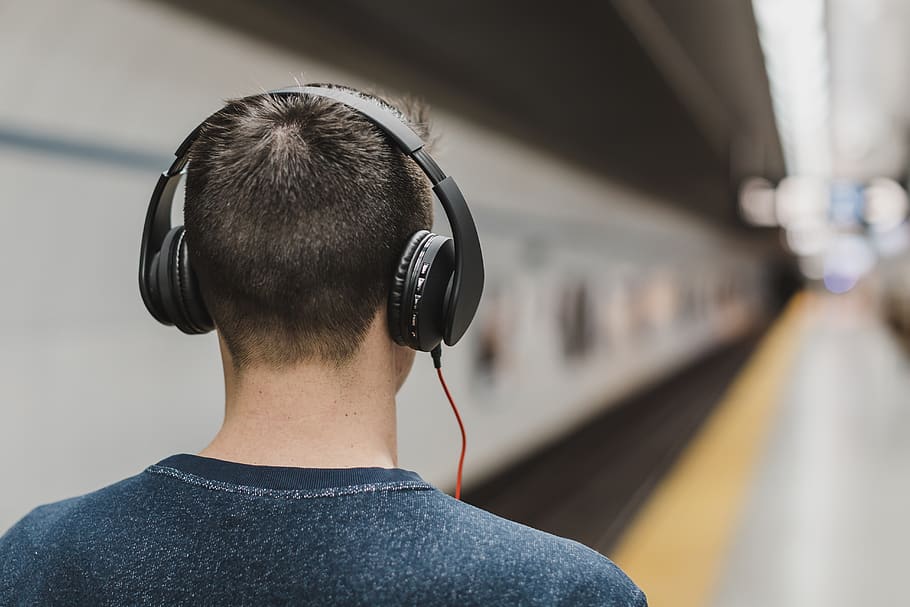As an avid Spotify user, I have started to hate my Discover Weekly playlist. Despite trying to diversify my music taste even more, every Monday when that dreaded playlist is released, I get the same five artists and the same genre that has been constantly plaguing my Discover Weekly. Most people do not have the same experience; their Discover playlists actually allow them to uncover a new artist or genre. Meanwhile, I’m stuck trying to climb out of a garage/grime hole that I never realised I fell into. But why is Spotify keeping me trapped here when I so badly try to climb out? Do users of other music apps experience this same thing?
Whether it shaped your angsty teenage years or gets you ready and motivated for a new day, many would consider music to be an integral aspect of their identity and lives. It allows us to tell stories, elevates moods, and sets the tone. In the past, we’d often be the ones picking the songs to match our moods whereas nowadays, our music app has it all planned out for us. We have personalised playlists and suggestions that save us the hassle of having to find the perfect calm music we need to relax or perhaps of finding new artists of the same genre. The introduction of algorithms into our music apps has completely changed and overhauled the listening experience.
Whether it’s Spotify, Apple Music, or any other music listening app, each gathers our listening data and employs it into an algorithm. This then forms the foundation for our music taste as seen by the app. For example, I’m stuck in a never-ending loop of garage and grime because I tend to listen to those two genres the most. Once the app has created this foundation, or this profile of you as a listener, it uses your characteristics to determine what kind of music to show you.
“But what if you’re new to the app? Many apps also take more personal features into consideration. A lot of the time, location, age, and gender are used to ascertain what kind of music shows up on your recommended playlists.”
While each app uses different algorithms, Spotify reportedly has the best one. However, each takes similar characteristics into consideration to craft your own unique listening experience. Generally, most apps look at songs that you have listened to past the 30-second mark and then uses this as a starting off point for defining your listening characteristics. The apps also look at your current listens and use audio analysis algorithms to find points and tones of the music. They deem these desirable characteristics that the listener would find familiar and enjoyable even in a different genre, or from a different artist. This helps the apps suggest songs to play after your playlist or song has ended, maintaining the original feeling of the music while introducing the listener to something new.
This does mean that music app algorithms tend to heavily rely on previous listening. But what if you’re new to the app? Many apps also take more personal features into consideration. A lot of the time, location, age and gender are used to ascertain what kind of music shows up on your recommended playlists. This means that a new Spotify account made in Dublin, for example, will probably recommend very different artists to one made in Sydney. While the information gathered to make these assumptions and suggestions may seem quite personal, it seems to be highly successful. In exchange for some listening and personal data, which most apps use anyway nowadays, you receive a perfect personally tailored listening experience. There is no more worry or effort of having to find the right song for the right mood, or of having to find new artists: the app does it all for you and all you have to do is listen.
On the other hand, music algorithms have now replaced a fun and sometimes agonising part of finding and listening to music; discovering music isn’t always about staying within your comfort zone, but often about leaving it entirely. While I enjoy my grime-centred Discover Weekly, the occasional completely new and unheard artist or genre would be a real discovery. As algorithms have revolutionised our listening process to be as easy and familiar as possible in order to maintain app usage and popularity, they have slowly encouraged us to be comfortable within our own bubbles or to remain listening to the same popular artists and genres. This makes it increasingly difficult for emerging artists to be discovered and takes away our willingness to discover the unknown.
Obviously, if we wish to listen to something new, we can always do our own digging. The algorithms have made music apps more pleasurable for most users, and overall they work incredibly well. However, it would be nice if sometimes the discovery feature on these apps actually allowed us to discover something new.






